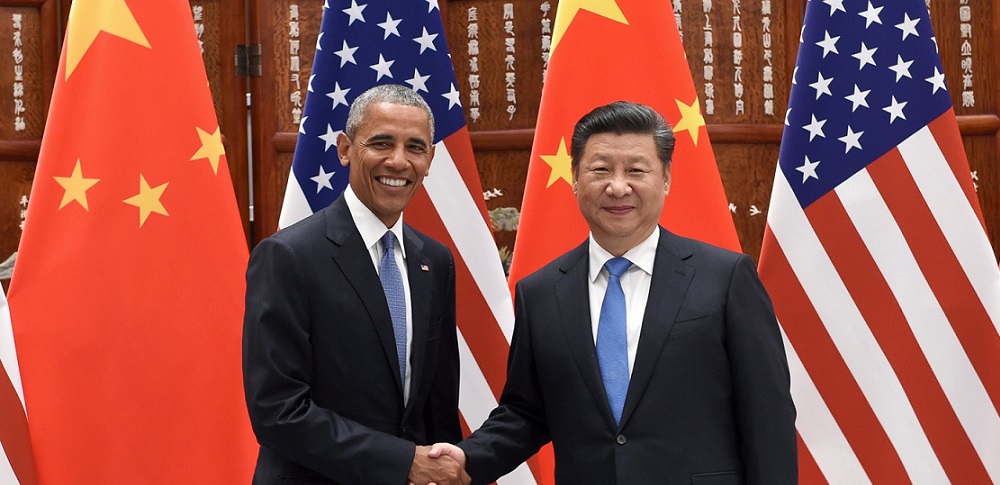Australian relations with China and the USA: the challenge of grand strategies
January 06 2016

This journal article was published in the Australian Journal of International Affairs, 70:1, 1-5.
Introduction
Australia seems to have condemned itself to a template of its relations with the USA and China where security assurances reside with the former and economic with the latter. But this veneer of stability is misleading. Over the last decade, successive Australian prime ministers have ranged from describing China as a ‘true friend’ (Rudd in 2008) to one towards whom it feels ‘fear and greed’ (Abbott in 2014). This range betrays a policy void where the dominant Australian psyche is plagued by a perceived lack of power and fatalism. Policy towards China has become the victim of shifting ephemeral political trends driven by volatile emotions rather than a stronger, more level-headed long-term strategic vision.
We will argue in this commentary that this approach is against Australia's national interests. It is an approach that emerges out of a number of underlying drivers of Australian strategic behaviour. One is an aversion to larger strategic thinking in the foreign policy arena. Another is a lack of consensus over what China and the USA might really want from Australia and how much Australia can leverage this. Finally, there is a national psychology that sees a threat in the rise of a nation with political values as different as China's. There is a perception that, as China is Australia's largest trading partner, Australia has no choice but to comply reluctantly—it is trapped in a self-made dichotomy between trade and security. In order to make better foreign policy, Australia needs to interpret what is happening more accurately, understand its own position more clearly and, most importantly, view its value in these relationships more positively. Politicians must regard China as a long-term issue rather than something immediate that results in partisan policy. Australia should focus less on internal domestic political conflicts and be more reflective of the situation in the outside world. In essence, relations with China in this ‘clash of discourses’ need to be undemonised and depoliticised.
Access full text here.
Authors: Kerry Brown, Professor of Chinese Studies and Director of the Lau China Institute, King's College, London; Hannah Bretherton, Researcher, Australia-China Relations Institute, University of Technology Sydney.
